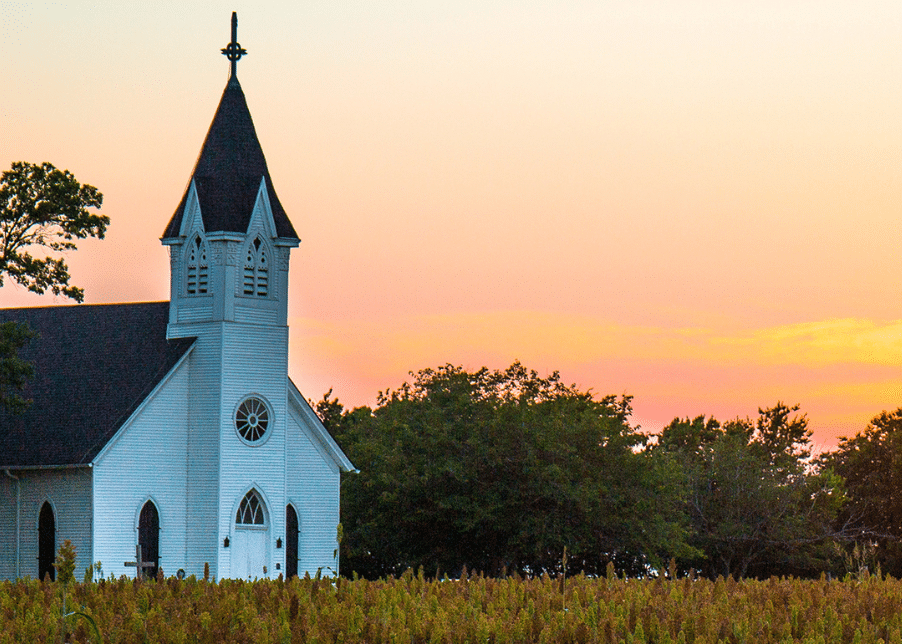
There is a clear and well-studied relationship between faith and health. Faith leaders are tasked with understanding the mental, emotional, and physical needs of their congregation members and have a great amount of influence. Faith leaders can act as health educators, bringing information, advocacy, and encouragement to their communities. While both health care professionals and clergy are leaders in their rural communities, relationships between the two are often limited.
The Faith in Rural Health program was created to help communities foster these relationships and to help nurture dialogue and responses around community needs and priorities in multiple rural Georgia counties. Funded by the Georgia Rural Health Innovation Center, the program is a collaborative partnership between Mercer University’s School of Medicine and McAfee School of Theology. Mercer is uniquely suited to do this work as both professional schools focus on rural communities and asset-based community development.
During the summer of 2022, student interns from the School of Medicine and McAfee School of Theology worked together in Berrien County conducting interviews with health care professionals, faith leaders, and members of the community to determine their perspectives on the influence of faith and health and how they might work together to address needs within the community. They researched the assets and the challenges the county faced, but also learned from one another’s disciplines and how health care and faith can collaborate to benefit the people they serve.
In October, twenty-five community leaders, including ministers, health care providers, and community stakeholders, met to reflect on Berrien County’s unique strengths, sharing honestly about the health care challenges, and strategizing on creative solutions. Challenges for Berrien include poverty, low health literacy, drug use, homelessness, and mental health struggles.
One participant noted that challenges feel like icebergs—underneath the visible problems are deeper issues that cannot be easily discerned. That analogy transformed into “Icebergs of Hope” as the community’s strengths and resources could be seen in the same way. Those strengths are just the tip of the iceberg!
Participants committed to re-initiate the pastor’s alliance, reinvest in counseling services, provide training in mental health first aid, explore solutions to dental care access, engage the growing number of homeless persons in the county, and to distribute information about the many resources that are available throughout the county.
The Faith in Rural Health collaborative plans to continue meeting in Berrien County in 2023 and will welcome the next cohort of interns, who will learn from the initiatives and take part in continued research. In addition to the work in Berrien County, cohorts of interns from both schools will begin similar work in Toombs and Putnam counties beginning in January.
